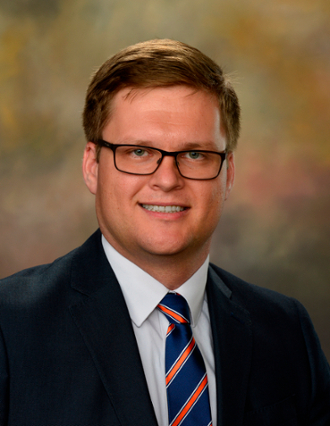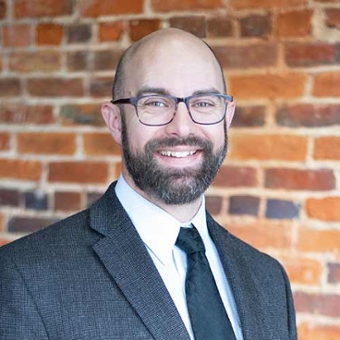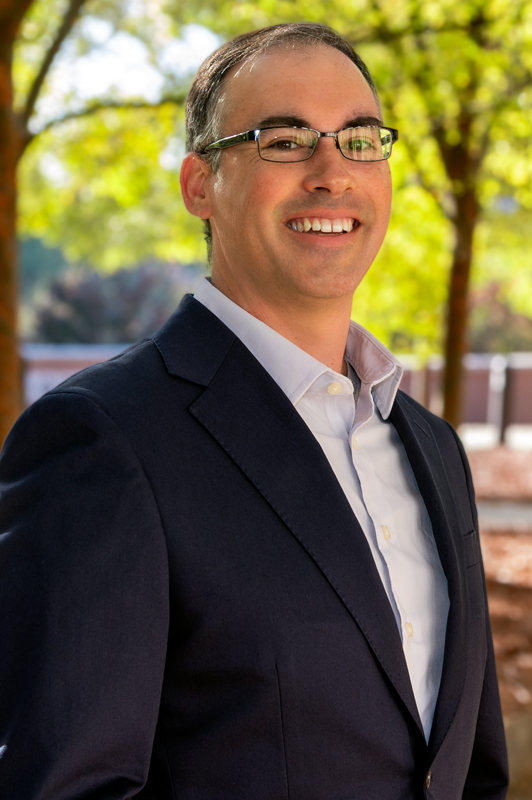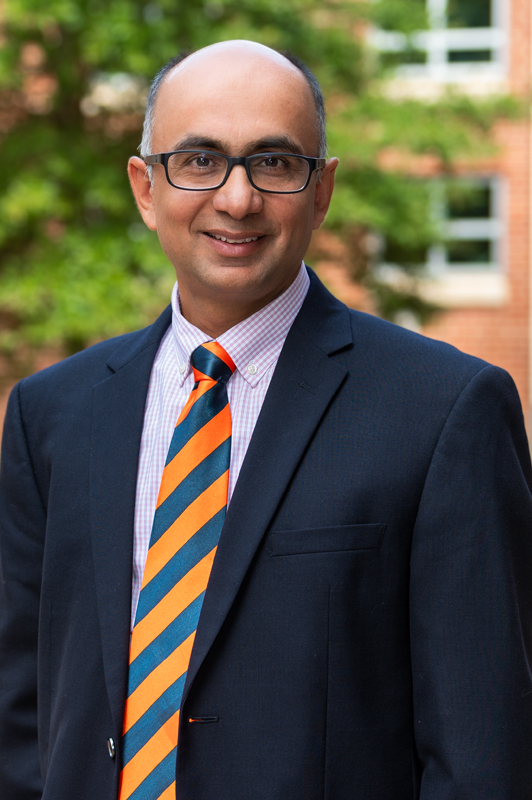Program created to develop research writing skills among engineering students
Published: Oct 5, 2022 9:35 AM
By Joe McAdory
Many graduate students are expected to conduct experiments and run tests in the lab. Eventually, their advisor steps in and says, ‘Hey, can you write a paper about your results?’ However, limited and inconsistent guidance is often provided to graduate students on how to write that paper.
A multi-disciplinary team of Auburn University scientists and writing experts have a proposed solution. Their four-step program, “The Writing SySTEM: A Systematic Approach to Graduate Writing Instruction and Intervention,” is designed to develop the communication/writing skills of research-minded graduate students, earning a three-year, $435,000 National Science Foundation (NSF) Innovations in Graduate Education award.
“There is no science without writing what you learned. Otherwise, you were just in a room doing stuff,” said Christopher Basgier, Director of University Writing. “It must be shared to be science.”

Project collaborators include:
* Russell Mailen, the project’s principal investigator and assistant professor in aerospace engineering
* Basgier, co-principal investigator who oversees curriculum implementation for the project
* Jordan Harshman, co-principal investigator and assistant professor in chemistry and biochemistry in the College of Sciences and Mathematics (COSAM)
* Jeffrey LaMondia, co-principal investigator and associate professor in civil and environmental engineering
* Sushil Adhikari, co-principal investigator, assistant professor of biosystems engineering and Director of the Center for Bioenergy and Bioproducts
* Katharine Brown, co-principal investigator and assistant director of University Writing, who was instrumental in broadening the center’s online resource tools for writers
* Amy Cicchino, originally a co-principal investigator and former associate director of University Writing, now associate director at the Center for Teaching and Learning Excellence at Embry-Riddle Aeronautical University in Daytona Beach, Fla.

The project, which began Oct. 1, is initially open to aerospace engineering, civil and environmental engineering, and biosystems engineering graduate students, with hope for expansion.
Four components — created by University Writing and adapted to engineering — are at the heart of the program, 1) workshops to teach writing skills and promote the recruitment of diverse participants into other components, 2) discipline-specific graduate study writing courses taught by engineering faculty, 3) peer writing groups, and 4) writing resources hosted on a publicly available web site.
“The primary focus will be on improving self-efficacy related to writing peer-reviewed journal articles, a major product of research,” said Mailen. “However, this will translate to conference papers, theses and dissertations, which students are also expected to write. A desired result is that students will improve their publication records and write more impactful journal articles.”
Confidence in writing is key. That’s where self-efficacy and personal growth play a part. Harshman, who leads the project’s educational research portion, will play a vital role in student evaluation.
“We are aware of the many connections between self-efficacy and self-regulation, but a comprehensive view of how these interact is missing, especially in writing for engineering contexts,” said Harshman. “If we can discover these interactions, it will help instructors know how to best encourage students to become better, more confident writers.”
Basgier said that communicating what we’ve done “helps us deepen our thinking.”
“The process of writing things out turns into a discovery of ideas,” he said. “Students might see writing as a recording of what they’ve done, but it’s much more than that. You’re making connections among phenomena and seeing the relationships in experiments.”
The program also seeks to attract a diverse group of student participants.
“Students with diverse backgrounds tend to have diverse experiences with languages as well,” Basgier said. “These students are used to being flexible about how they’re communicating in multiple languages, or dialects, across different spaces. We anticipate showing students how they can discover another area where they can leverage communication skills in a new way — and elevate their writing as well.”
Graduate students interested in pushing their research writing skills to the next level are encouraged to contact Christopher Basgier at crb0085@auburn.edu or Russell Mailen at rwmailen@auburn.edu.
Media Contact: , jem0040@auburn.edu, 334.844.3447
The "Writing SySTEM: A Systematic Approach to Graduate Writing Instruction and Intervention," is initially open to graduate students in aerospace, biosystems and civil and environmental engineering.




